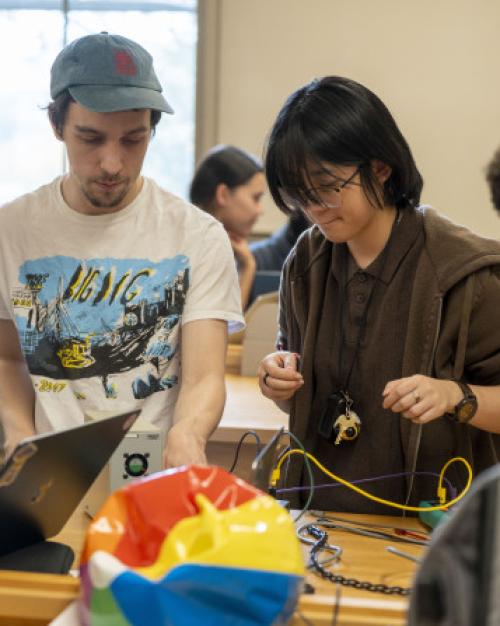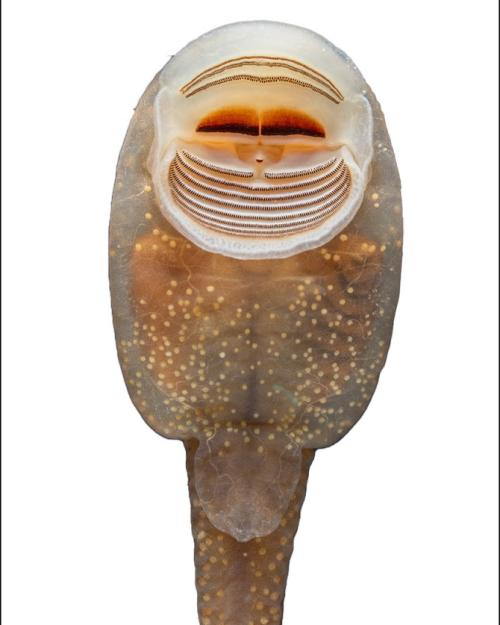Academic focus: Within-host ecology and the evolution of parasite traits
Research summary:
My research focuses on parasite life history within the host — that is, the timing of replication and transmission — traits that are not easy to manipulate or even to measure directly. I use models to figure out when and how different life history strategies benefit parasites, to understand the consequences for disease severity and spread, and to develop statistics that allow us to get a clearer picture of the vast diversity in parasite life cycles.
What do you like to do when you’re not working?
I enjoy team games, which used to include the delightful sport of inner tube water polo, but these days is mainly virtual trivia. I also like to knit and swim (not together), and I have a fondness for sci-fi.
What are your current outreach/extension projects?
Mathematical and coding skills are typically viewed as requiring innate ability, and that tends to exclude members of underrepresented groups. My goal is to use mentorship and future outreach projects to demonstrate that these kinds of quantitative skills are learned and attainable.
What are three adjectives people might use to describe you?
Inquisitive, collaborative, committed
What brought you to Cornell CALS?
Cornell CALS brings together researchers working on similar problems across diverse systems (for example, managing insect pests on crops and parasites within a host), and that offers endless opportunities to learn something new.
What do you think is important for people to understand about your field?
Parasites make a living in so many diverse ways, and the more we understand how they work, and why they’ve evolved that way, the better equipped we are to manage them.
Why did you feel inspired to pursue a career in this field?
Parasites always scared me (and very much still do!), and I deal with that fear by learning about them. The upside is that parasites turn out to be fascinating creatures and understanding them better can reveal new ways to reduce the harm they cause. I was also charmed that I could combine my interests in biology and math to learn about parasites.
What’s the most surprising thing you’ve learned about Ithaca so far?
I’ve been extremely impressed at people’s diligence in wearing masks, and people have been incredibly welcoming despite the fact that we can’t be together in person. Also, it’s not news to anyone who’s lived here, but the prevalence of waterfalls is delightful, and the fall colors have been spectacular.
If you had unlimited grant funding, what major problem in your field would you want to solve?
How can some pathogenic organisms transmit efficiently without ever causing symptoms? And why are those same organisms sometimes deadly?





